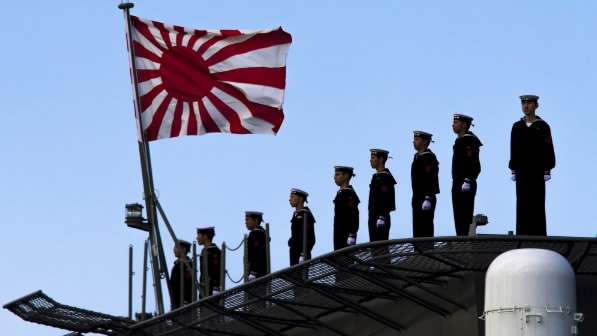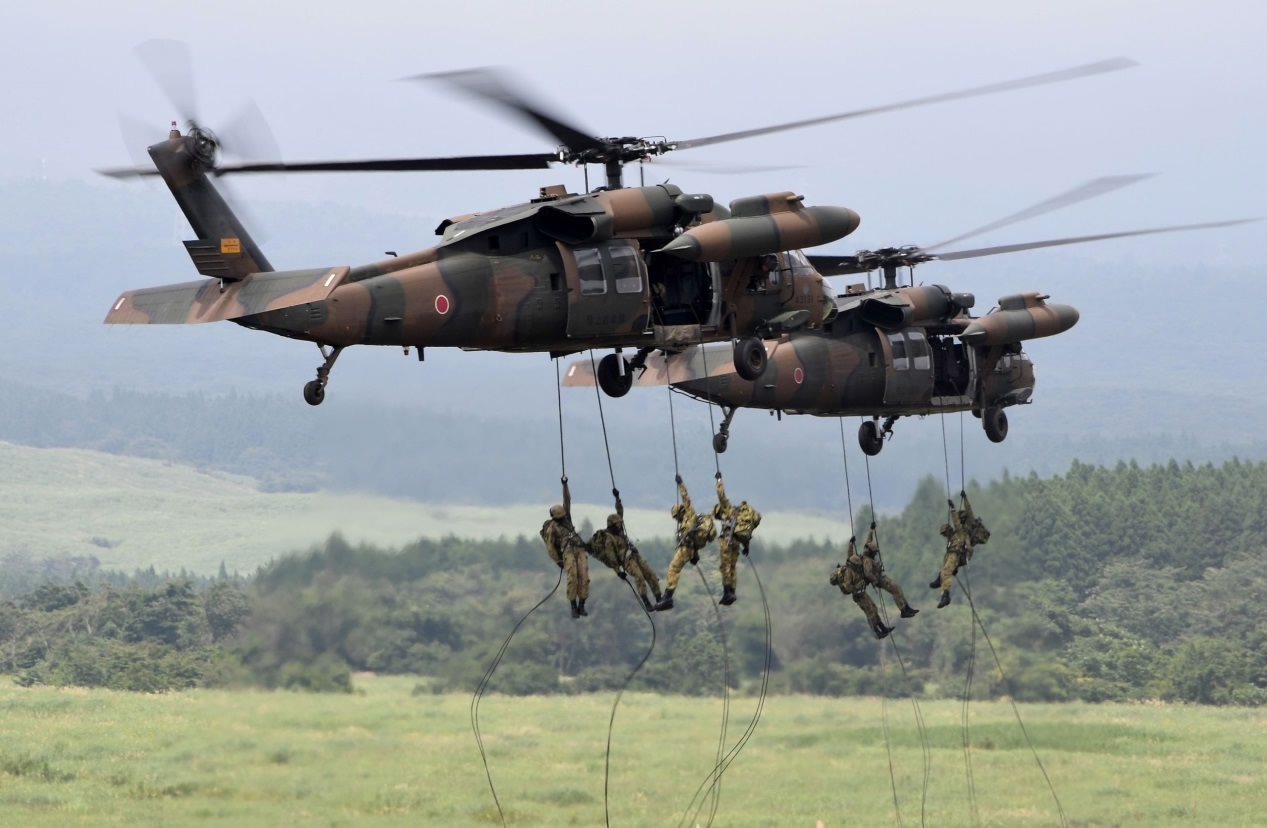
Politics
10:43, 23-Dec-2017
Japan unveils record budget for fiscal 2018
By Li Qi

The Japanese government has approved a record defense budget of 46 billion US dollars for fiscal 2018, a 1.3 percent rise, as the country keeps a wary eye on the Democratic People's Republic of Korea (DPRK).
The budget, which has intensifying the country's missile defense system as one of its priorities, includes the purchase of a new long-range interceptor and acquiring medium-range air-launch cruise missiles.
Japan will also allocate funds for the anti-ship Joint Strike Missile system, which is fired from warplanes against land and sea targets. A third layer of ballistic missile defense and Japan’s first long-range missiles are on the shopping list.
The acquisitions will go towards continuing to protect Japan against the DPRK's nuclear and missile programs, which have been met with tough UN sanctions and condemnation from the international community.

Japan's defense budget will swell to a record 46 billion USD for the next fiscal year, the government said on Friday, as the nation shores up its missile shield against the threat posed by the DPRK. /VCG Photo
Japan's defense budget will swell to a record 46 billion USD for the next fiscal year, the government said on Friday, as the nation shores up its missile shield against the threat posed by the DPRK. /VCG Photo
Tensions with the DPRK have increased due to its persistent missile and weapon tests in 2017, a situation Japan considers the most serious security threat since the end of World War Two.
The cabinet on Friday also approved a record-high overall budget for the next spending year, starting in April, with nearly one-third of government spending going to social security.
The total budget is up 1.3 percent, marking the sixth straight increase.
From 2014 to 2018, the defense budget has been increasing year on year. In 2016, it exceeded 5 trillion yen (4.41 billion US dollars).
While regional threats have become more pressing, Japan's military spending is limited by competing demands of social security by its aging population, as well as the pacifism embraced by much of the population.
The defense budget has grown by about 10 percent since Prime Minister Shinzo Abe took office in 2012, and accounts for about one percent of the economy, compared with 3.3 percent for the US.

SITEMAP
Copyright © 2018 CGTN. Beijing ICP prepared NO.16065310-3
Copyright © 2018 CGTN. Beijing ICP prepared NO.16065310-3